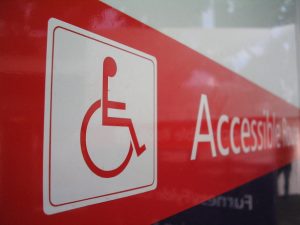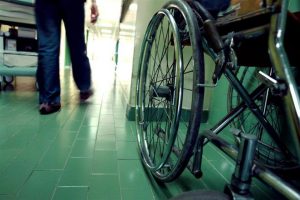As 2017 ended and another year began we found ourselves watching congress fight over the federal budget to the point of months without a finalized budget, a series of temporary continuing resolutions and at least one relatively short partial government shutdown and the possibility of future shutdowns to come. Many people are wondering what happens if the government is shut down and whether they will be paid Social Security disability benefits during a time when the government is far less than fully operational.
SSDI and SSI Benefits During A Government Shutdown
 While people often use the term government shutdown, what we really have is a partial government shutdown. This means while most federal employees will be on a furlough, others will be required to work as they are considered essential employees. This may sound like good news for those employees still on the job, but since they do not get paid until after the government reopens, it’s not all great news. These essential employees work on essential functions and this includes the military and some aspects of the U.S. Social Security Administration (SSA). Continue reading
While people often use the term government shutdown, what we really have is a partial government shutdown. This means while most federal employees will be on a furlough, others will be required to work as they are considered essential employees. This may sound like good news for those employees still on the job, but since they do not get paid until after the government reopens, it’s not all great news. These essential employees work on essential functions and this includes the military and some aspects of the U.S. Social Security Administration (SSA). Continue reading
 Massachusetts Social Security Disability Lawyers Blog
Massachusetts Social Security Disability Lawyers Blog










